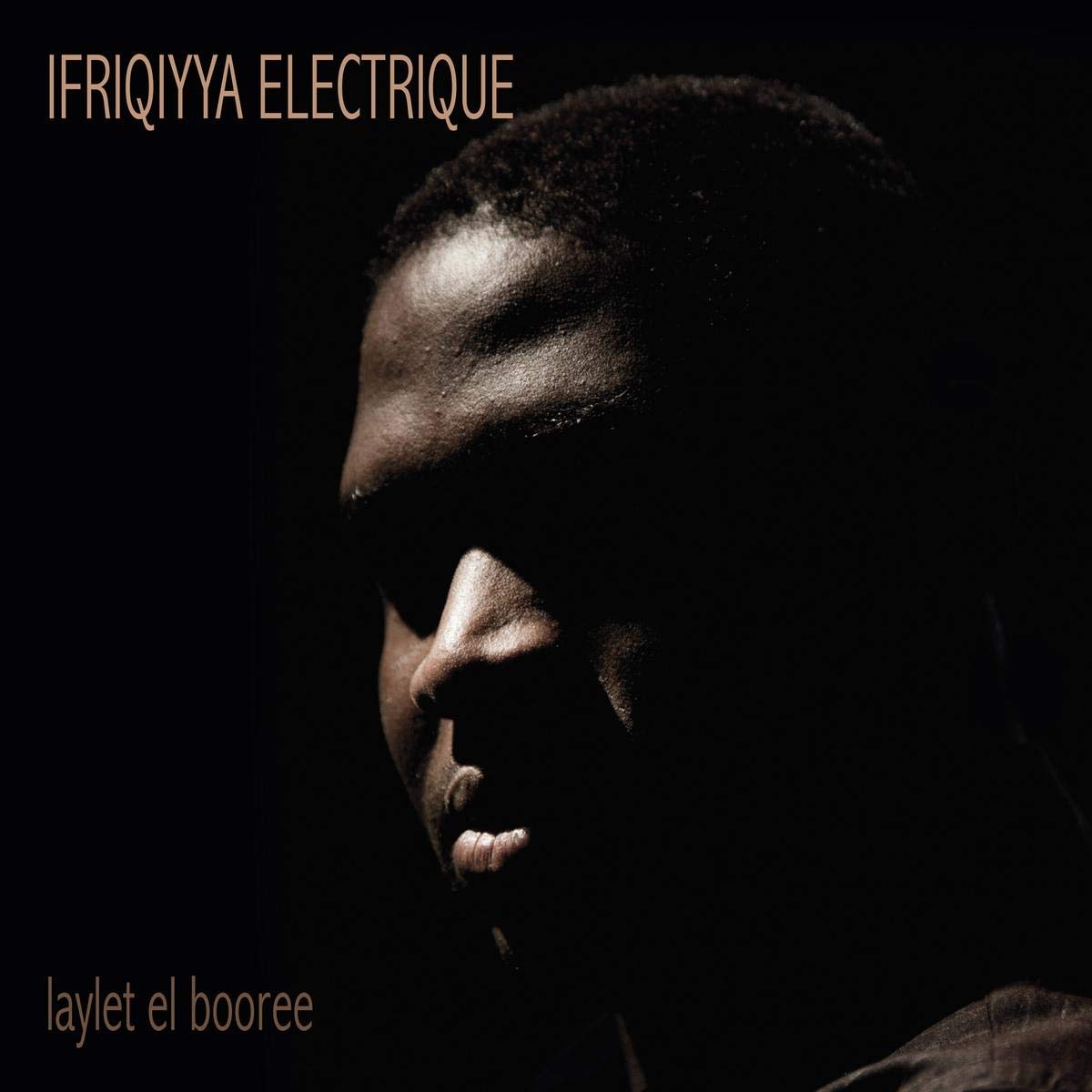IRRIQIYYA ELECTRIQUE – LAYLET ET BOORE CD
12,00 €
1 Mashee Kooka 2:33
2 He Eh Lalla 3:36
3 Beesmeellah Beedeet 4:52
4 Moola Nefta 5:50
5 Habeebee Hooa Jooani 4:47
6 Nafta Naghara 5:07
7 Danee Danee 3:39
8 Wa Salaat Alih Hannabee Mohammad 1:38
9 Mabbrooka 5:49
10 Gh*st-track : Galoo Sahara Laleet El Aeed 9:53
Nema na zalihi
Opis
Genre: Electronic, Rock, Folk, World, & Country
Style: African, Industrial
In 2017, Ifriqiyya Electrique released their debut album Rûwâhîne, an album which deftly brought together the hypnotic chants and metallic hand percussion oftraditional Bangamusic with brutalistelectronics and sheer rock volume. Three members of the Banga community – Tarek Sultan, Yahia Chouchen and Youssef Ghazala – joined forces with Gianna and Francois not only on this acclaimed album, but also onstage throughout the eighteen months of European touring that followed the record’s release (tour stops included: Womad, Womex, Sziget, Vieilles Charrues & FMM Sines).It quickly became clear that theBangahad not been pointlessly retooled for western consumption, but rather through the deep commitment of the five Ifriqiyya Electrique musicians – it had been transformed into something contemporary and unexpected. Ifriqiyya Electrique cryptically call this transformation a “post-industrial ritual” and the actual experience of hearing this music certainly echoes this moniker. The band create a fertile space where ecstatic electronics and rock levitation intersect with timeless ceremony and community. The title of the second album Laylet el Booree translates as the “Night of the Madness.” It refers to the last part of the annual gathering of theadorcist ritual from the Bangaof Tozeur – it is the night when the spirits actually take possession of the bodies. Like the ritual itself, the album is wild, frantic, and never caresses the listener’s expectations. But its purpose is also to heal; with sweat, spirituality, electricity and trance being central to the almost overwhelming sensory experience. With the band now joined by new member Fatma Chebbi (on vocals and tchektchekas hand percussion) one senses that the musical and cultural conversation is even deeper this time around. In fact, it doesn’t feel like a speculative conversation at all, but rather something fully formed and undeniable. An emergent ritual in itself.


